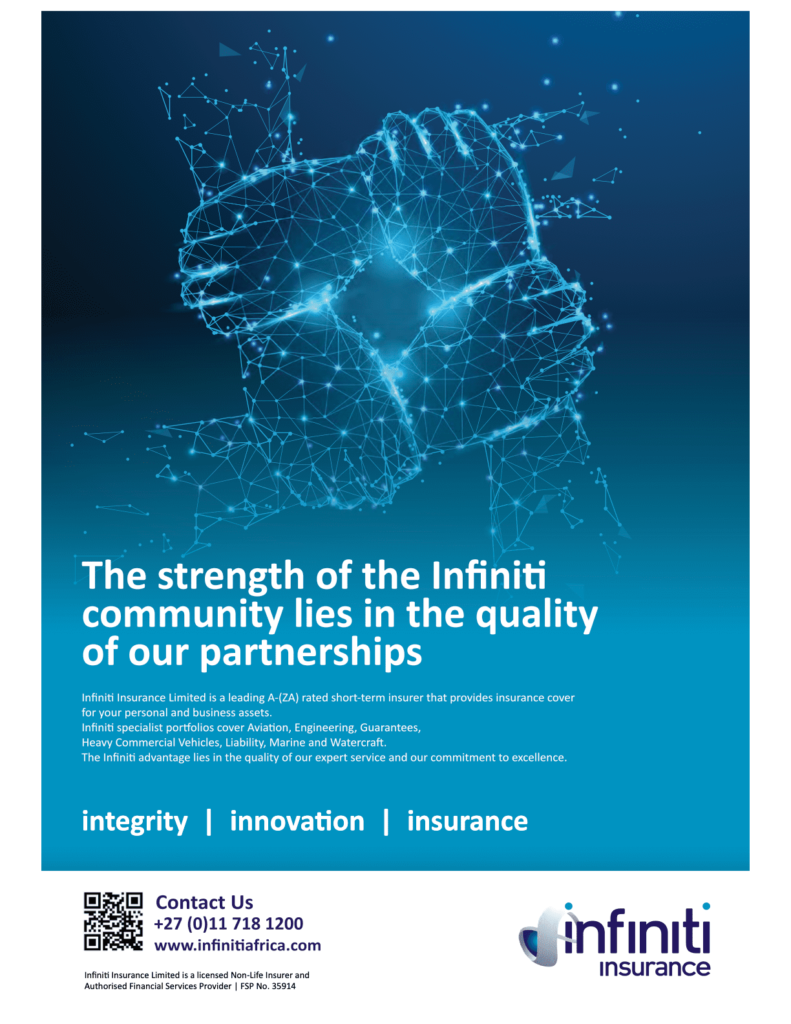
Sharon Paterson, Chief Executive Officer of Infiniti Insurance Limited
It is time to stabilise the business and socio-economic activities in the wake of the dramatic and deep changes that have taken place over the past 18 months.
Sixty-five percent of developed economies expect the global economy to improve in the next few months, compared with 83 percent of emerging economies (McKinsey’s ‘Coronavirus effect on global economic sentiment July 2021’ report). This is heartening news but more change can be expected and now is the time to lay down markers in balancing the world in which we live. High on this agenda should be equity for women who have taken the brunt of the pandemic effects.
Women makeup 39 percent of global employment but account for 54 percent of overall job losses. One reason for this greater effect on women is that the virus significantly increased the burden of unpaid care, which is disproportionately carried by women. This, among other factors, means that women’s employment is dropping faster than average, even when accounting for the fact that women and men work in different sectors, according to McKinsey.
On the environmental front, the UN Women’s Watch reports that 80 percent of people displaced by climate change are women — yet only 20 countries have plans that recognize women as agents of change on climate issues. It also points to emerging threats, including the COVID-19 pandemic which exacerbates inequalities, threatening to stall progress for girls and women. In 2020, almost 510 million women, representing 40% of female employment, are in sectors at high risk of being severely impacted by the Covid-19 pandemic.
The EU Commission for gender equality headed by Ursula von der Leyen found a striking lack of women in Covid 19 decision-making bodies. The 2020 study found that men greatly outnumber women in the bodies created to respond to the pandemic. Of 115 national dedicated COVID-19 task forces in 87 countries, including 17 EU Member States, 85,2% were men, 11.4% comprised women, and only 3.5% had gender parity. In Africa, at the political level, only 30% of health ministers are women.
The markers we lay down now will catalyse action in confronting disparities in the workplace, health and human rights issues that women and girls face. These include an ongoing learning and development programme that induce a culture that fosters inclusion and which enhances performance while encouraging innovation; offering equal opportunities to both women and men, and promoting programmes that enable all employees to develop their full potential.
This approach at Infiniti is highlighted by the positive response the company demonstrated at the height of the pandemic lockdown predominately supported through the versatility and resilience of the highly trained and motivated women in our team.
The differing impact of COVID-19 on women and girls requires an urgent call to action for private sector companies to ensure that their recovery efforts are inclusive. The pandemic is an opportunity for the private sector to play a transformative, leading role by implementing solutions that can mitigate risks to women’s economic security, health, and safety, both during, and beyond the crisis, and which address the question of equity.
The benefits of gender equality have many positive impacts on individuals and on society at large according to the European Union and point to strong, positive impacts on Gross Domestic Product (GDP) per capita, which grow over time. South Africa would benefit from a similar approach with increasing evidence showing improved performance for both economies and companies where equity is fostered and equality is nurtured.
Even before the coronavirus, indicators showed that tangible progress toward gender parity had been uneven and that large gender gaps remained across the world. As organisations across the globe are reimagining the future and redesigning strategy in these extraordinary circumstances, intervention is now needed to address the disproportionate impact of COVID-19 on women otherwise there’s a risk that progress could go into reverse. This would not just set back the cause of gender equality but also hold back the local and global economies.
Infiniti Insurance Limited is an A-(ZA)-rated non-life insurer that writes all classes of business including Aviation, Marine, Watercraft, Engineering, Heavy Commercial Vehicles, Liability and Guarantees. The Infiniti advantage lies in the quality of our service and our commitment to excellence.


